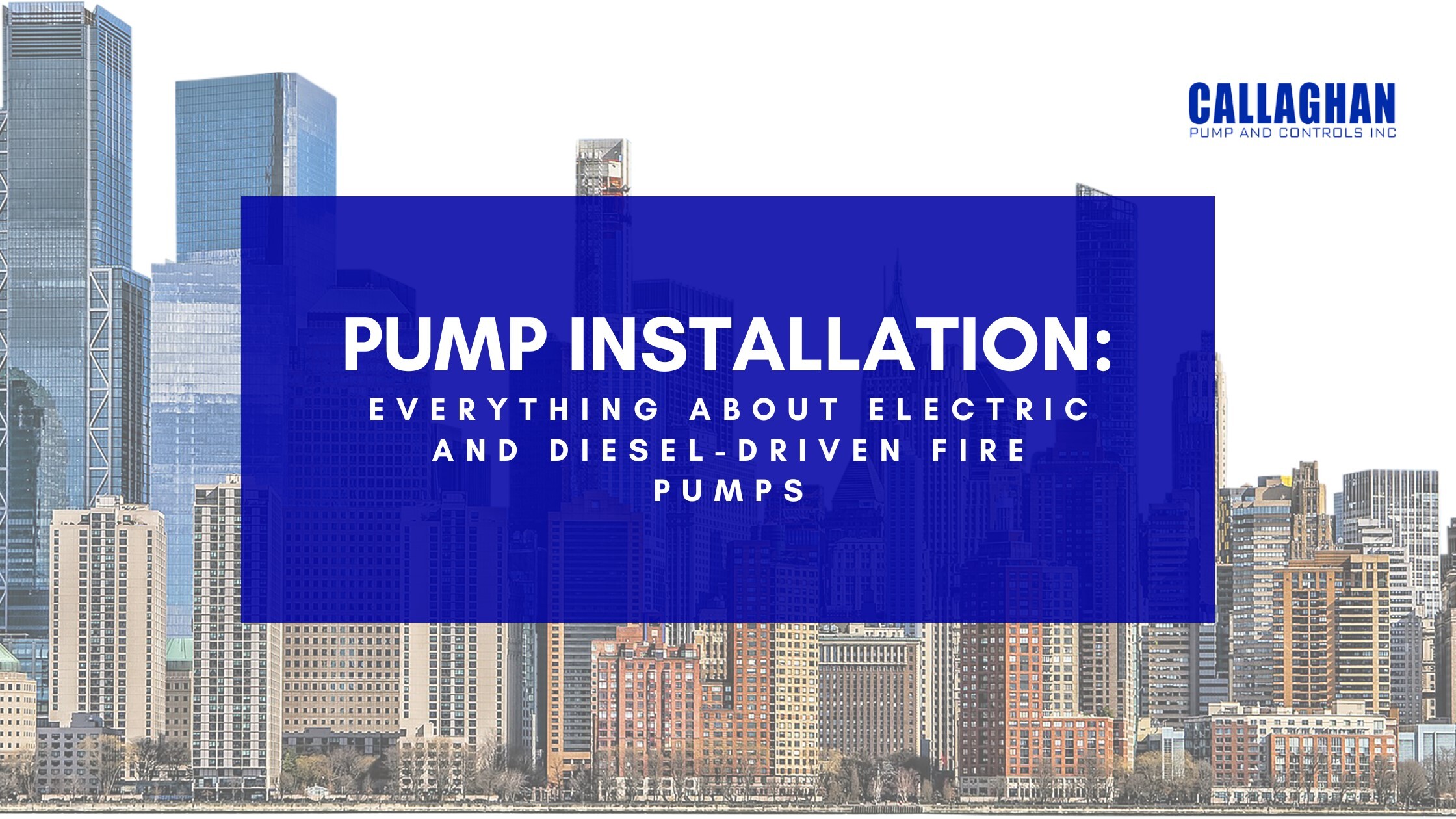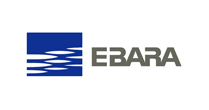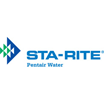
January 30th, 2023
All business owners and homeowners know how important it is to have a well-maintained fire sprinkler system. However, what they do not know is just how crucial it is to install a fire pump that can support the fire sprinkler system. After all, your fire protection system will be useless if the water is not able to reach your sprinklers due to low water pressure. This is why you will need electric or diesel-driven fire pumps.
In this Blog, we will explore different aspects of fire pumps. We will cover everything from the pump selection and installation to jockey pump sizing and capacity.
Fire pumps are required when local municipal water systems are not able to provide enough water pressure to meet the hydraulic requirements of your fire suppression system. This typically occurs in high-rise buildings that require a high terminal pressure at the sprinkler. Also, fire pumps are needed if the water supply comes from a ground-level storage tank.
In the commercial sector, electric motors have become the absolute standard for driving fire pumps and fire pump sensing lines. These motors offer many advantages, such as being able to operate quietly and cleanly. Plus, electricity is easily available in most installations.
When you equip it with a frequency converter, you can adapt the pump’s speed to the handling requirements. Therefore, this would conserve energy and spare wear on the installation.
Besides electric motors, other drives include diesel engines that work best in large spaces and remote areas that are not connected to the power grid, such as water works. They should be located in a separate room with direct access to the exterior. Also, the room size should be substantially larger than normally required for an electric fire pump.
A diesel pump is more expensive to install and maintain than an electric fire pump. This is because of the large number of mechanical parts that can be prone to failure. Steam engines are also an option, but they are uncommon these days.
When it comes to considering pump installations, you can choose either a horizontal design or a vertical. While horizontal designs may be great for simpler maintenance, a vertical installation of the fire pump offers space-saving advantages in tight areas. Also, single-stage pumps are more maintenance-friendly and simpler than multi-stage pumps that can build up higher pressure more easily.
According to NFPA 20, an outside screw and yoke gate valve should be there in the suction pipe to provide isolation from the incoming supply line. They must be electrically supervised through the fire alarm system. NFPA 20 also provides guidelines to install a check valve and an indicating control valve on the discharge side of the pump. The control valve should be installed after the check valve.
If the fire pump is equipped with a flowmeter bypass, the bypass connection must be kept between the check valve and control valve. The bypass should be at least as large as the discharge pipe and must be equipped with a check valve installed between two normally open control valves to prevent backflow to the suction side of the pump. Also, it has to be connected before the outside screw and yoke on the suction side.
Please note that electric fire pumps require high horsepower and are commonly run on 460 volts or higher – three-phase power. If the building is not equipped with enough power to supply an electric motor, you can use a diesel fire pump. It will require a fuel storage tank with the capacity to hold 1 gallon of fuel per horsepower. Often, a pressure relief valve is required on the discharge side of the pump to relieve excess pressure when the engine revs out of control.
Whether it is a domestic application or industrial, you can find the right fire pump and jockey pump sizing – even for the most improbable requirement. To make the right choice for your application, feel free to contact us. After knowing your pump specifications, we will provide you with a selection of pumps suitable for your application
Callaghan Pump has been distributing diesel-driven fire pumps.
for industrial, commercial, and domestic applications for more than 14 years. These pumps are being successfully used in many different industries, such as chemical and petrochemical, pharmaceutical, oil refinery, water treatments, paper mills, sugar plants, dairies, and many others.
For queries related to jockey pump capacity or fire pump sensing lines, contact us.
john@callaghanpump.com,
eileen@callaghanpump.com,
dan@callaghanpump.com,
sales@callaghanpump.com,
service@callaghanpump.com












